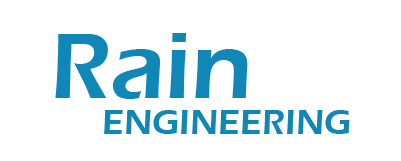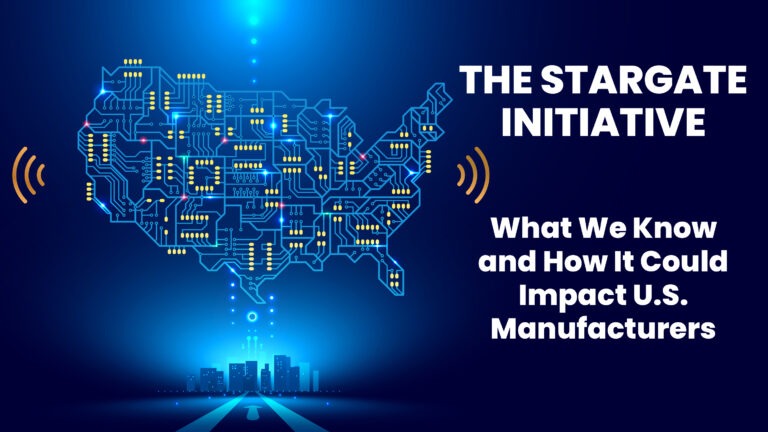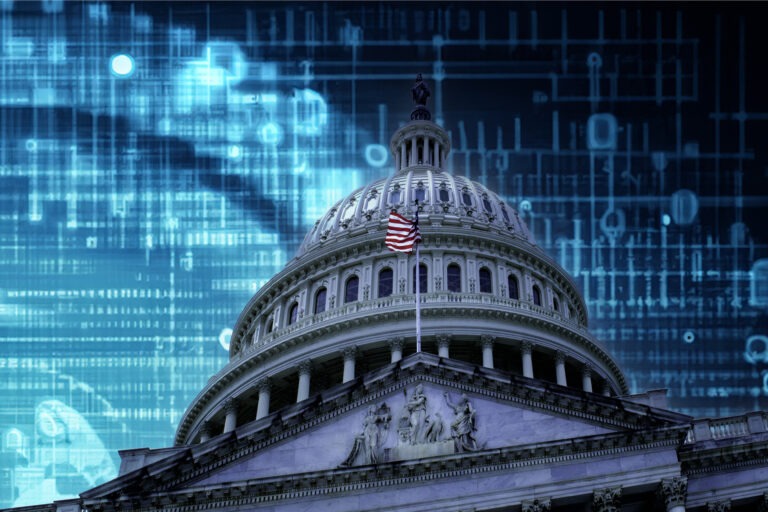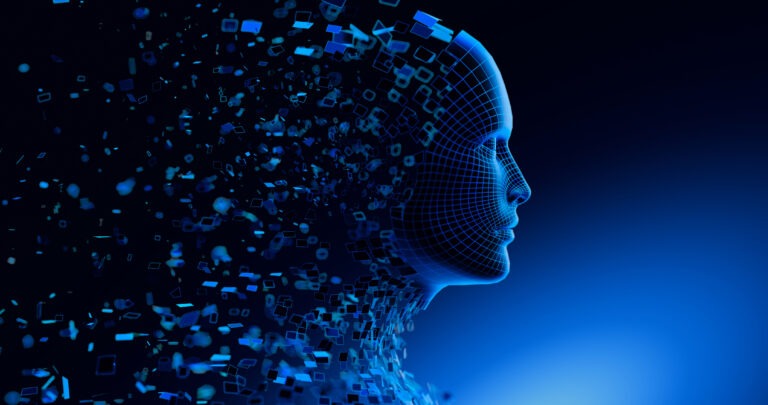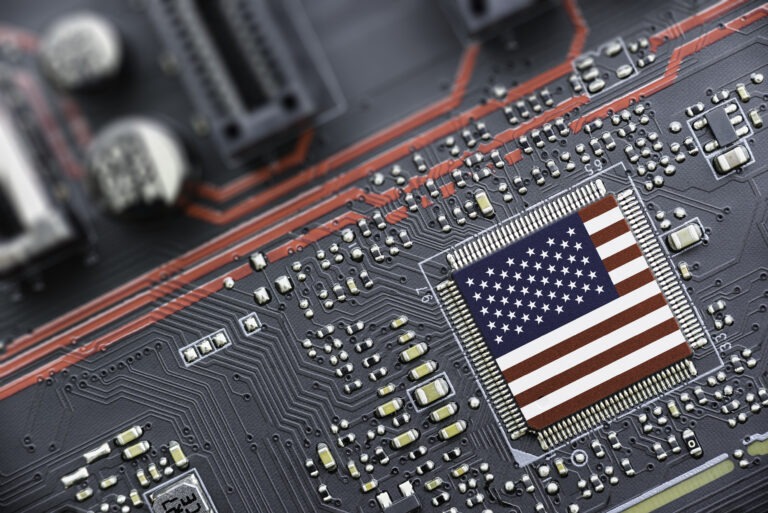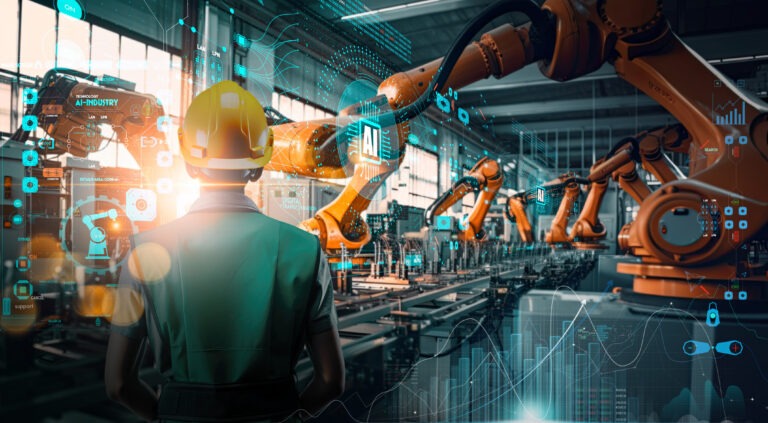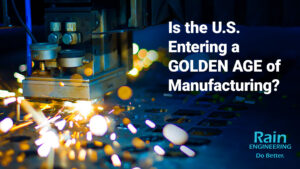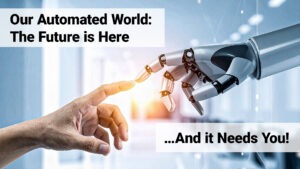Now, you may be asking yourself, “… what exactly is the difference between automation and AI?”
Well, to put it simply, AI (Artificial Intelligence) and automation are related concepts but serve different purposes in technology and industry.
Automation refers to the use of technology to perform tasks with minimal human intervention.
It aims to streamline processes, reduce errors, and increase efficiency by replacing or augmenting human labor with machines or software.
Automation can be rule-based, meaning it follows predefined instructions or scripts to execute tasks.
Powered by advanced robotics and smart machinery, automation is instrumental in enhancing efficiency and precision across various manufacturing domains.
From automated assembly lines that accelerate production to robotic arms that perform intricate tasks with unparalleled accuracy, automation optimizes workflows and reduces operational costs.
This increased efficiency translates into higher productivity and improved product quality, positioning U.S. manufacturers as leaders in innovation-driven industries.
AI, on the other hand, involves machines simulating human intelligence processes.
It enables systems to learn from data, adapt to new inputs, and perform tasks that typically require human intelligence, such as decision-making, problem-solving, and natural language understanding.
AI encompasses various techniques like machine learning (ML), deep learning, natural language processing (NLP), and computer vision.
AI technologies, such as machine learning and predictive analytics, are augmenting traditional manufacturing processes with intelligence and foresight while AI-enabled systems analyze vast datasets in real-time, providing actionable insights for proactive decision-making.
For instance, AI-driven predictive maintenance predicts equipment failures before they occur, minimizing downtime and optimizing asset utilization.
Moreover, AI-powered quality control systems detect defects with precision, ensuring products meet stringent quality standards consistently.
These capabilities not only streamline operations but also enhance agility and responsiveness in meeting evolving consumer demands.
In essence, automation focuses on mechanizing tasks to improve efficiency and consistency, often without the need for advanced intelligence or learning capabilities. AI, on the other hand, extends automation by adding cognitive abilities, allowing systems to analyze data, make predictions, and improve performance over time based on experience.

